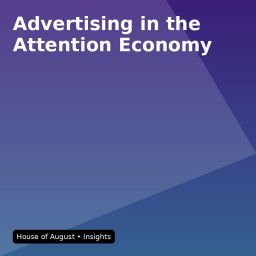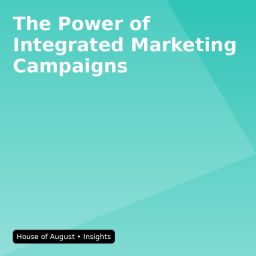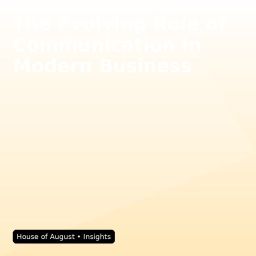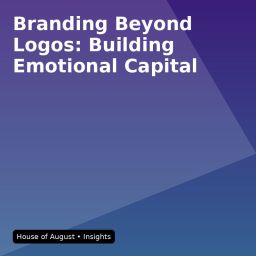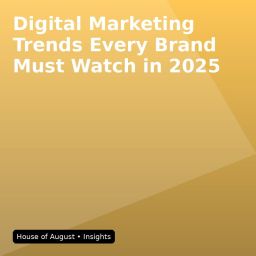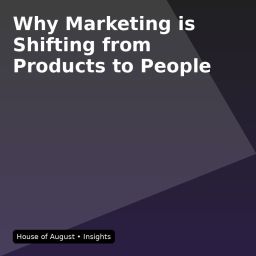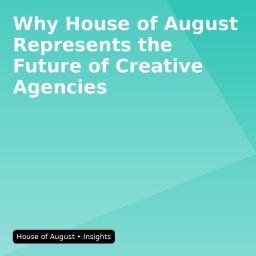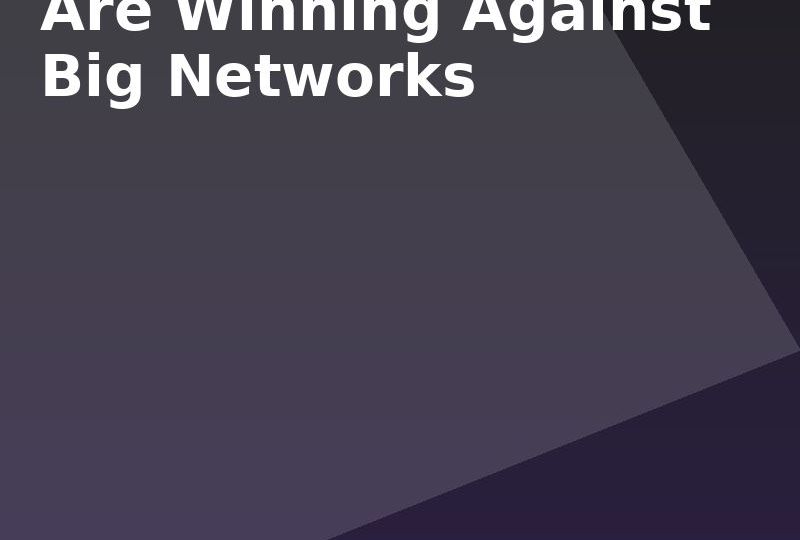
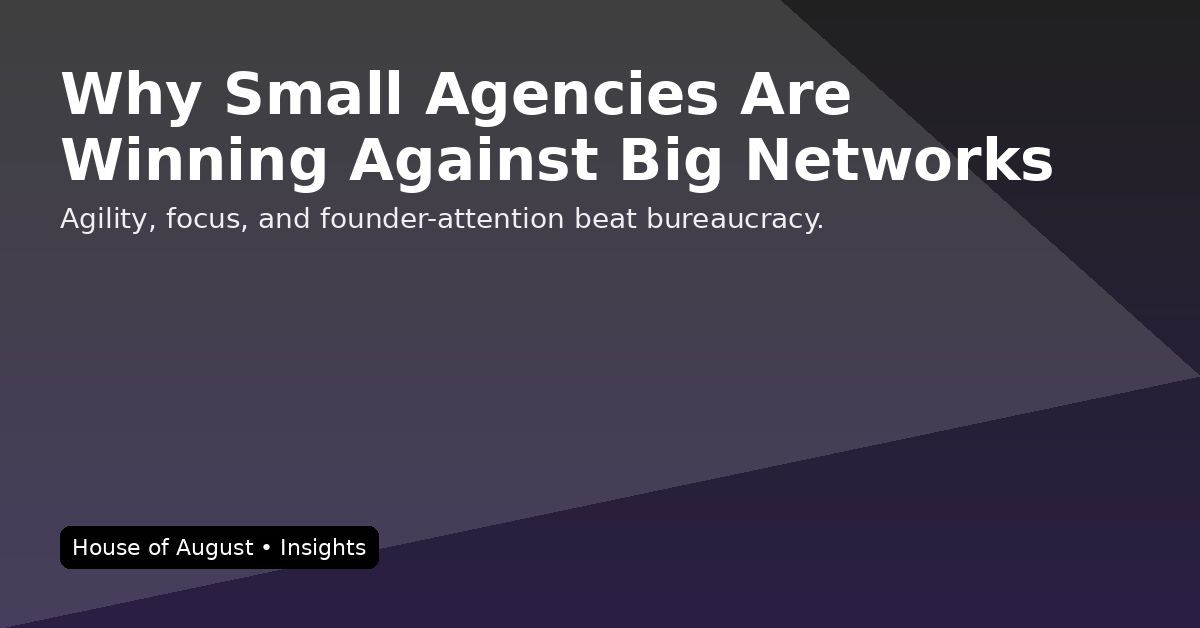
For decades, the advertising and creative industry has been dominated by large networks like Ogilvy, WPP, and Publicis. These firms offered scale, resources, and global reach, making them the default choice for many brands. However, the modern business landscape is shifting. Smaller, boutique agencies are increasingly outperforming their larger counterparts by offering agility, creativity, and a personalized approach that resonates with today’s fast-moving markets.
One of the biggest advantages of small agencies is agility. Unlike large networks, which are often encumbered by bureaucracy, rigid processes, and hierarchical decision-making, smaller firms can pivot quickly to respond to changing trends, market conditions, or client needs. Whether it is a viral social media trend or a sudden shift in consumer sentiment, nimble agencies can adapt strategies almost in real-time, giving their clients a competitive edge.
Personalization is another differentiator. Smaller agencies have the bandwidth to work closely with clients, often becoming true partners rather than external vendors. This deep collaboration allows for highly customized campaigns tailored to a brand’s unique objectives, audience, and values. Forbes (2023) reported that 63% of brands now prefer smaller agencies for digital campaigns because of the speed, creativity, and personalized attention they provide.
Creativity also flourishes in smaller teams. Without the constraints of corporate bureaucracy, boutique agencies often encourage experimental thinking, out-of-the-box solutions, and cross-disciplinary collaboration. These qualities are essential in today’s digital-first world, where traditional advertising methods are no longer sufficient. Agencies like House of August leverage this advantage by combining strategy, storytelling, and design in a cohesive approach that helps brands stand out in crowded markets.
Cost-effectiveness is another reason small agencies are winning. Large networks often come with high overheads, resulting in higher fees for clients. Smaller agencies can offer competitive pricing without compromising quality, making them an attractive option for startups, SMBs, and even larger brands seeking innovative campaigns without the premium cost. The combination of efficiency, creativity, and agility allows these agencies to deliver better ROI for clients.
Moreover, smaller agencies excel at building authentic brand relationships. By being deeply involved in every aspect of a campaign—from ideation and creative execution to analytics and optimization—they can ensure that the brand’s voice and values are consistently communicated across all touchpoints. House of August exemplifies this approach, blending human-centric storytelling with strategic insights to help clients connect meaningfully with their audiences.
The rise of digital media has further leveled the playing field. With tools like social media, influencer marketing, and digital analytics, smaller agencies can achieve results that were once only possible for large networks. They can create integrated campaigns, measure performance in real-time, and iterate quickly—all while maintaining a personal touch and brand authenticity.
In conclusion, small agencies are no longer just alternatives to big networks; they are leading the charge in modern advertising. Their agility, creativity, personalized service, and cost-effectiveness allow them to respond to market demands faster and more effectively. Agencies like House of August illustrate how boutique firms can deliver integrated, emotionally resonant, and results-driven campaigns that rival the offerings of global networks. In an age where relevance, speed, and connection are paramount, smaller agencies are proving that size does not define impact.

